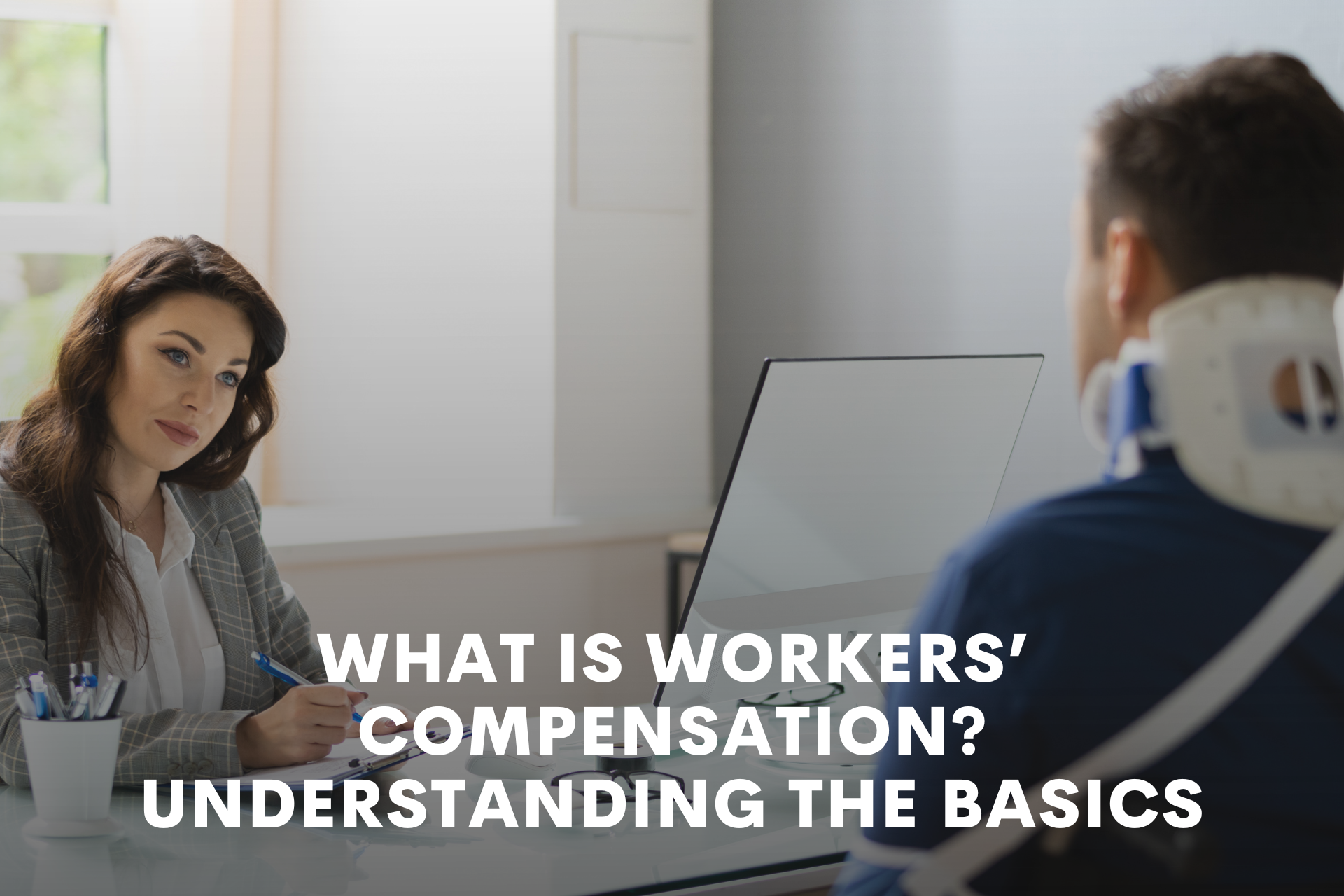Workplaces are environments where people come together to contribute their skills and efforts to fulfill their company’s business objectives.
The company, in return, should provide its employees with the resources they need to succeed. One of which is safe working conditions. Unfortunately, despite a company’s best efforts, accidents do happen and that’s why it’s important for employees to understand the basics of workers’ compensation.
In this blog post, we cover:
– The basics of workers’ compensation
– How to file a workers’ compensation claim in Florida
What is workers’ compensation?
Worker’s compensation, sometimes referred to as work comp, workers’ comp or workman’s comp, is an insurance program mandated by the state to provide compensation to employees who’ve suffered a job-related illness or injury. It’s in place to ensure injured workers receive proper medical care and financial support and it protects employers from potential lawsuits related to their employees’ injuries.
The Basics of Workers’ Compensation
No-Fault System
Workers’ compensation runs on a no-fault basis which means employees are typically entitled to benefits regardless of who’s at fault for the injury. It’s designed to provide assistance without a legal battle.
Eligibility
Most employers in Florida are required to provide workers’ compensation for their employees. It typically extends to all employees, including full-time, part-time, and seasonal staff.
Benefits
Medical expenses related to the injury are covered and include:
– Doctor visits
– Hospitalization
– Medication
– Rehabilitation/physical therapy
The ultimate goal is ensuring the injured employee receives appropriate and prompt care to aid their recovery.
Lost Wage Compensation
In addition to covered medical expenses, an injured employee may also receive compensation for lost wages during the recovery period. This provides the employee with financial support as they focus on their rehabilitation and recovery.
Wage replacement varies based on jurisdiction. However, in most instances, the wage replacement is a percentage of the employee’s average weekly earnings.
How do you file a workers’ compensation claim in Florida?
According to Florida law, employees must report their injury or illness within 30 days of the time they’re aware of their injury/illness or the time their doctor tells them of their work-related condition.
Here are the initial steps you’ll need to take to file a workers’ compensation claim in Florida:
- Collect and document the details
To strengthen your case, you need to connect the dots between your injury/illness and your work. That’s why your first step is collecting and documenting any and all data that support your claim. List the specifics of the incident and include imagery if possible. If there are witnesses, write down their names and contact information.
- Seek medical treatment.
If you experience a workplace injury/illness, seek medical attention immediately.
When speaking with a medical professional, be thorough in the account of your symptoms and/or injury and make the connection explicitly clear of how they’re work-related.
Request that the doctor take descriptive details and documentation of your account.
- Report your injury/illness to your employer.
As mentioned in the previous step, report your injury/illness to your employer within 30 days.
If your employer fails to report the injury, you have the option to report it to your company’s workers’ compensation insurance carrier directly using the right form on the Florida Division of Workers’ Compensation website. If your employer’s insurance information isn’t available, visit the Employee Assistance and Ombudsman Office for help.
- Seek legal support
Just like with other personal injury claims, seeking legal support is crucial. As experienced workers’ compensation lawyers in Tampa, we understand the steps you need to take to not only protect yourself, but get the compensation you deserve.
Contact us today and book your free case evaluation to get started.








